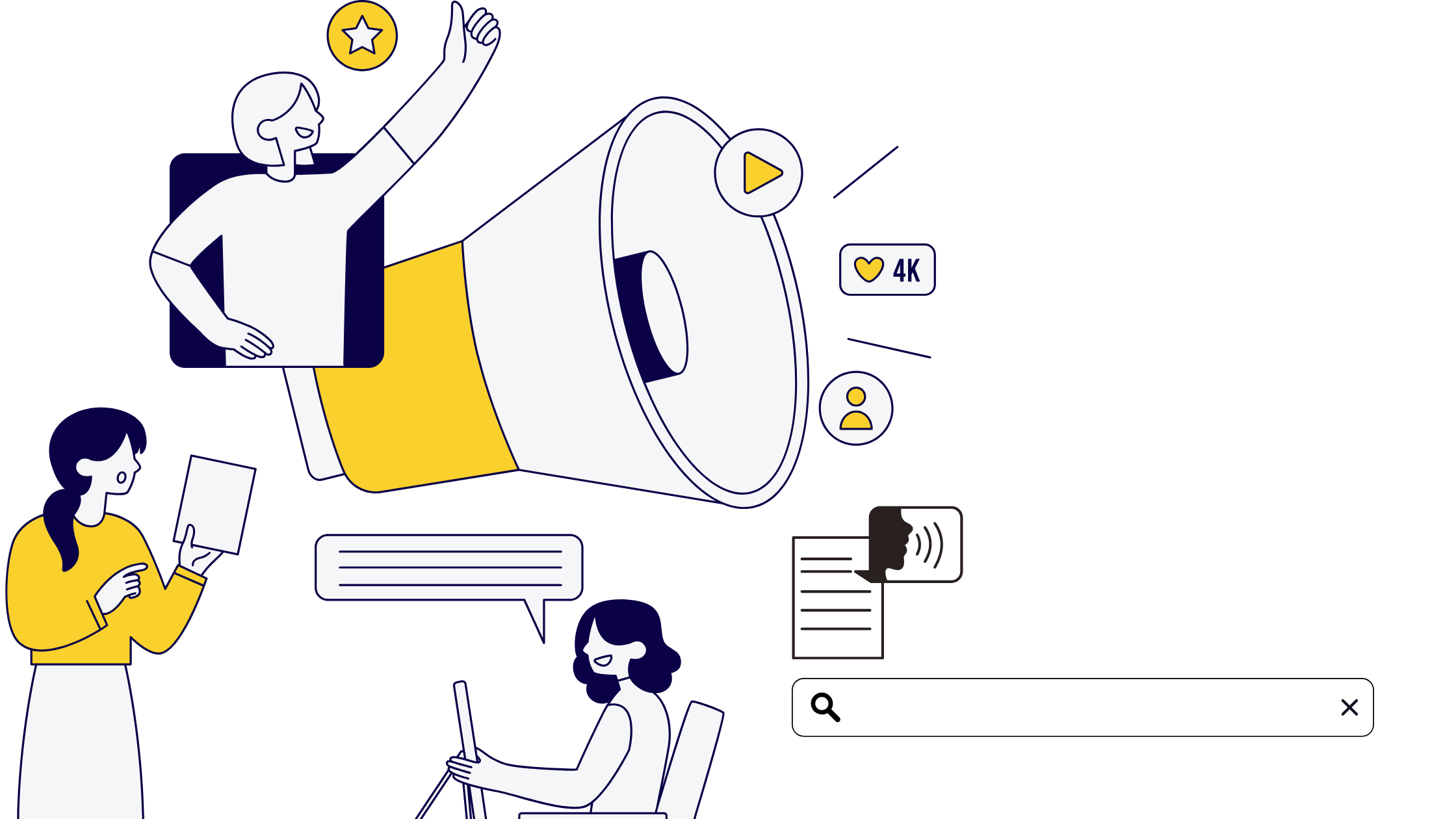Internal linking is the process of using a website’s navigation, content, and other link-able elements to develop a logical and consistent linking structure to highlight and emphasize on keyword importance for which the website is aiming to rank.
Internal linking contributes to the usability and search engine friendliness of a website in a variety of ways: Internal links, whether text links or image links, allow for creating internal navigation links in a much more accurate and less noticeable (compared to main and side navigation) way. This helps both users and search engines find relevant and complementary content.
If utilized properly, internal links can help create a topic hierarchy that can assist search engines in better categorizing (and assigning value) to content.
Internal links, especially text links, help push the link value from your home (or top-level) page(s) deeper into your website, which can then translate into an improved ability of those secondary, tertiary (or even deeper) pages.







